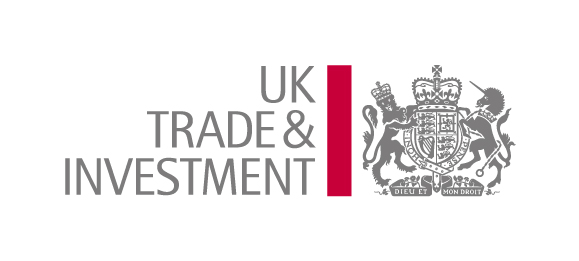There are two schools of thought about United Kingdom Trade and Industry (UKTI), the quango intended to help UK exporters and investors inward to the UK. Supporters say it repays its £529 million annual cost in added value for UK GDP many times over. Critics say it is top-loaded with fat cats, ineffective and a dead weight. It has been in operation for 30 years or so but the coalition government took such a positive view that they seriously up-scaled its budget in the light of its 2010 target to double exports to £1 trillion by the end of the decade. At that point export growth was trundling along at 3.5% p.a. With the up-scaled UKTI what can we now expect? You guessed it: 3.5%. (Office for Budget Responsibility forecast). Exports are likely to increase 33% over the 10 years to £630 billion – a far cry from the £1 trillion target.
I am submitting detailed evidence to the Parliamentary Select Committee that is now looking at UKTI, but the bottom line is that the Chancellor should face reality and halve the UKTI budget to £265 million.
The main recommendations are:
- UKTI is top heavy: it needs more field workers doing what SMEs want and fewer HQ time-wasters. Cutting the HQ from 500 to around 50 is a necessary move, not because it is ultimately the right answer but because it is the only path to discovering how big an HQ is really necessary.
- UKTI has now become a stand-alone executive agency, but UK field (advisory) staff should be integrated with Chambers of Commerce in a similar way to overseas staff within FCO posts.
- Inward investment is largely be a matter for overseas posts and should be driven from there. The UK benefit from inward investment should be assessed on long term net value added, not the immediate effect on jobs and cash flow.
- Potential UK exporters should be put in charge. They should be asked what help, and especially contacts, they want, not be told how to do their business. This should be communicated directly to overseas posts. Overseas posts should then communicate back directly to the originators showing what action has been taken or why it has not.
- UK-based trade advisers should work with potential exporters to improve the quality and clarity of their requests, but they should only be copied in – not be separate, and fallible, links in the chain.
- OMIS and other statistical reports and surveys should be charged at much higher rates with potential users advised of the fallibility of this approach. Successful exporting and inward investment are a matter of overseas personal contacts, not paperwork.
- Measuring UKTI performance by the number of UK contacts allegedly made and/or the number of exporters assisted should also be abandoned. The metric that matters is the value added by UKTI, not the achievements of the exporters themselves or other factors such as the Olympic Games.
- The IT system should be refined to the simplest possible to allow exporters, those in overseas posts and advisors directly to access the status of their own projects – though such a project must start very small, given the government’s dismal track record in IT projects. UKTI can use this information to determine how many staff are needed in overseas posts and the UK and dynamically adjust resources accordingly.
To read the full select committee evidence, read below.
[gview file="http://www.old.adamsmith.org/wp-content/uploads/2015/11/Submission-to-BIS-Select-Committee_2.pdf"]


